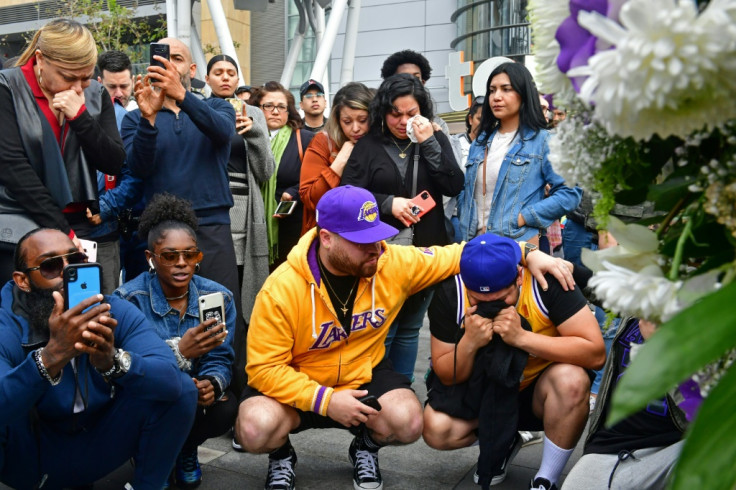Kobe Bryant helicopter crash: 'No sign of engine failure' says investigators
Pending the final result of investigation, the Los Angeles County coroner rules all cause of deaths as accident by blunt trauma.
Wreckage from the helicopter crash that killed NBA superstar Kobe Bryant and eight others on the morning of January 26th does not show any outward evidence of engine failure, as reported by the National Transportation Safety Board last Friday (NTSB).
The crash happened in Calabasas, California, when Bryant, his daughter Gianna, and seven others were on their way to the Mamba Sports Academy, where Gianna's basketball team coached by the retired NBA superstar is playing in a tournament. The other fatalities are two teammates, their parents, the assistant coach, and the pilot. Pending the final result of investigation, the Los Angeles County coroner rules all cause of deaths as accident by blunt trauma.
NSTB, the government arm in charge of investigating the incident, announced that a final report isn't expected for at least a year.
Investigators believe that due to the cuts on tree branches in the crash site, the engines were working, and the rotors were running with sufficient power at the time of impact.
A witness claims that the helicopter was seen flying down through the fog and into the hillside a few seconds before impact. According to The Guardian, the Pilot, Ara Zobayan, had 8,200 hours of flight experience and is certified to fly using just instruments and through bad weather. He is also the registered pilot for other celebrities such as NBA all-star Kawhi Leonard and Kylie Jenner.
The aircraft does not have a device called Terrain Awareness and Warning System, which signals when the aircraft is in danger of hitting the ground. The NTSB has issued a recommendation to the Federal Aviation Administration (FAA) to make the system mandatory for all helicopters. US Senator Dianne Feinstein and US Representative Brad Sherman agree, and will ask the FAA to mandate the devices.
The helicopter also does not have the so-called "black box," or more formally known as a flight data recorder. It records communications by the pilot, and saves data displayed by the flight instruments to determine the actual conditions before the crash. Maintenance documents showed that the cockpit voice data recorder was removed by Island Express, the charter owner, back in March 2016. The FAA does not require either the CVR or FDR on charter helicopters.

© Copyright IBTimes 2025. All rights reserved.





















